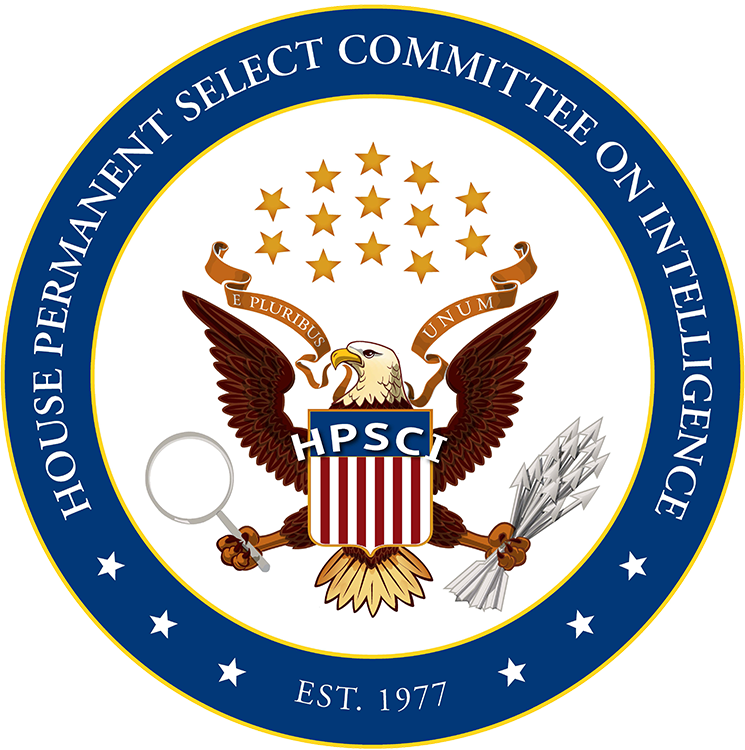Press Releases
Extending USA PATRIOT Act Provisions to Keep America Safe
Washington, DC,
January 26, 2011
Congressman Jim Sensenbrenner (R-WI), introduced legislation today, with the support of several other Members, calling for the reauthorization of three key national security provisions of the USA PATRIOT Act that are set to expire at the end of February.
Wendy Riemann (Sensenbrenner)(202) 225-5101 Extending USA PATRIOT Act Provisions to Keep America Safe Congressman Jim Sensenbrenner (R-WI), introduced legislation today, with the support of several other Members, calling for the reauthorization of three key national security provisions of the USA PATRIOT Act that are set to expire at the end of February. Congressman Jim Sensenbrenner:“As the author of the USA PATRIOT Act and its reauthorization in 2005, I fully understand the intense legal scrutiny these provisions have undergone over the last several years and support making them permanent. These three provisions have helped thwart countless potential attacks since the bill was signed into law and are critical to helping ensure law officials can keep our nation safe from attack.” Chairman of the House Permanent Select Committee on Intelligence, Mike Rogers: “These are urgent tools and authorities that are crucial to the work of the Intelligence Community. We all agree on the need for an extension. This allows an opportunity to do robust oversight on the tools the Intelligence Community needs to keep America safe.” Chairman of the Judiciary Committee, Lamar Smith: “The intelligence and law enforcement communities that are responsible for preventing terrorist attacks need to know that the tools they rely on to keep the American people safe will not be weakened or allowed to expire. We need the PATRIOT Act to prevent attacks and apprehend terrorists. This short-term extension is a step toward the long-term reauthorization of important and necessary national security provisions. It gives Congress time for an open and meaningful debate, while ensuring that our law enforcement and intelligence communities can continue to prevent attacks and save lives.” The three provisions that are set to expire are Section 206, 215 and 6001. Section 206 of the USA PATRIOT Act provides for roving surveillance of targets who take measures to thwart Foreign Intelligence Surveillance Act (FISA) surveillance. Without roving wiretap authority, investigators would be forced to seek a new court order each time they need to change the location, phone, or computer that needs to be monitored, wasting valuable time. Section 215 of the USA PATRIOT Act allows the FBI to apply to the FISA court to issue orders granting the government access to any tangible items in foreign intelligence, international terrorism and clandestine intelligence cases. The USA PATRIOT Improvement and Reauthorization Act of 2005 significantly expanded the safeguards against potential abuse of Section 215 authority, including additional Congressional oversight, application requirements and judicial review. When last reported by the Administration, this provision had been used more than 230 times to keep us safe. And Section 6001 of the Intelligence Reform and Terrorist Prevention Act of 2004 offers a definition for a ‘lone wolf’ agent of a foreign power and also allows a non-United States person who ‘engages in international terrorist activities’ to be considered an agent of a foreign power under FISA, even though the specific foreign power remains unidentified. This provision is essential, as it closes a gap in FISA that, if permitted to expire, could allow an individual terrorist to slip through the cracks and endanger thousands of innocent lives. When FISA was originally enacted in the 1970s, terrorists were believed to be members of an identified group. That is no longer the case and we need to respond accordingly. Congressman Sensenbrenner was Chairman of the Judiciary Committee when the PATRIOT Act was first introduced and then signed into law. Read this statement onlineHERE. |
